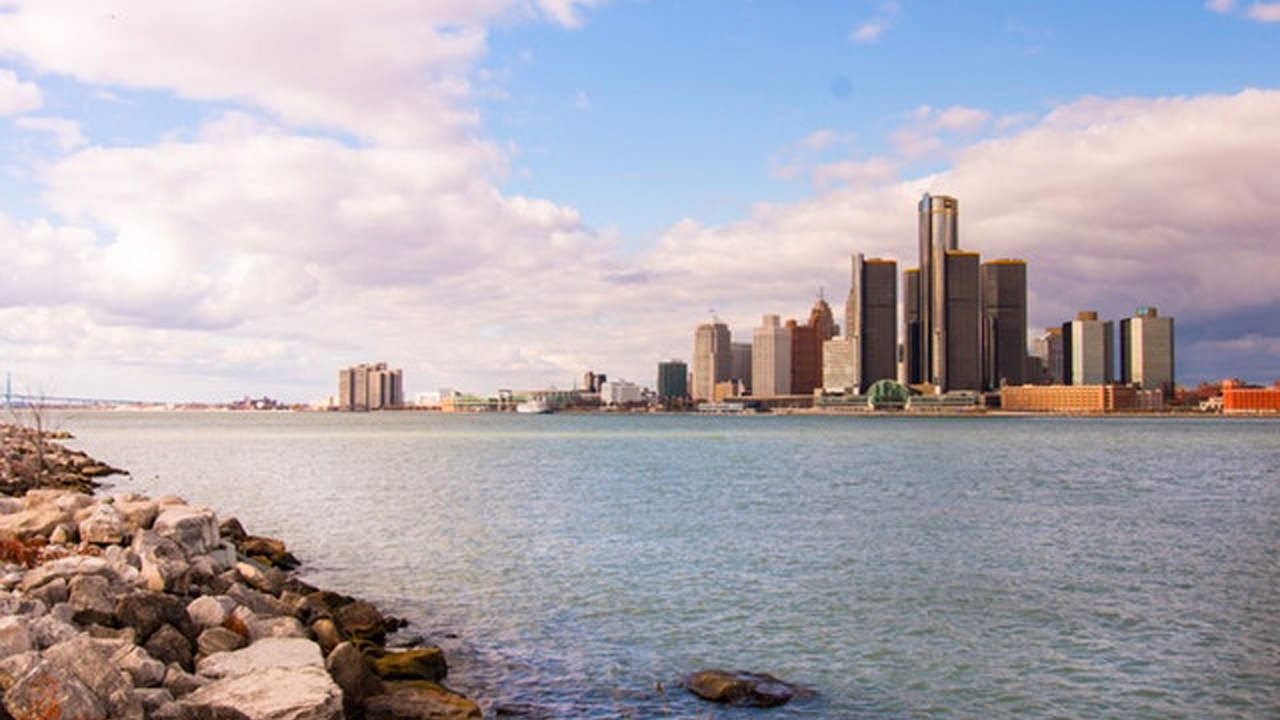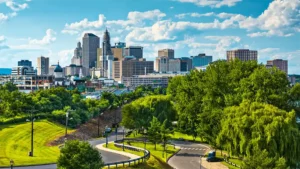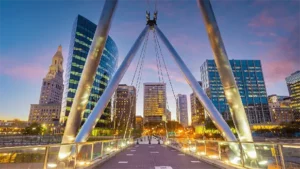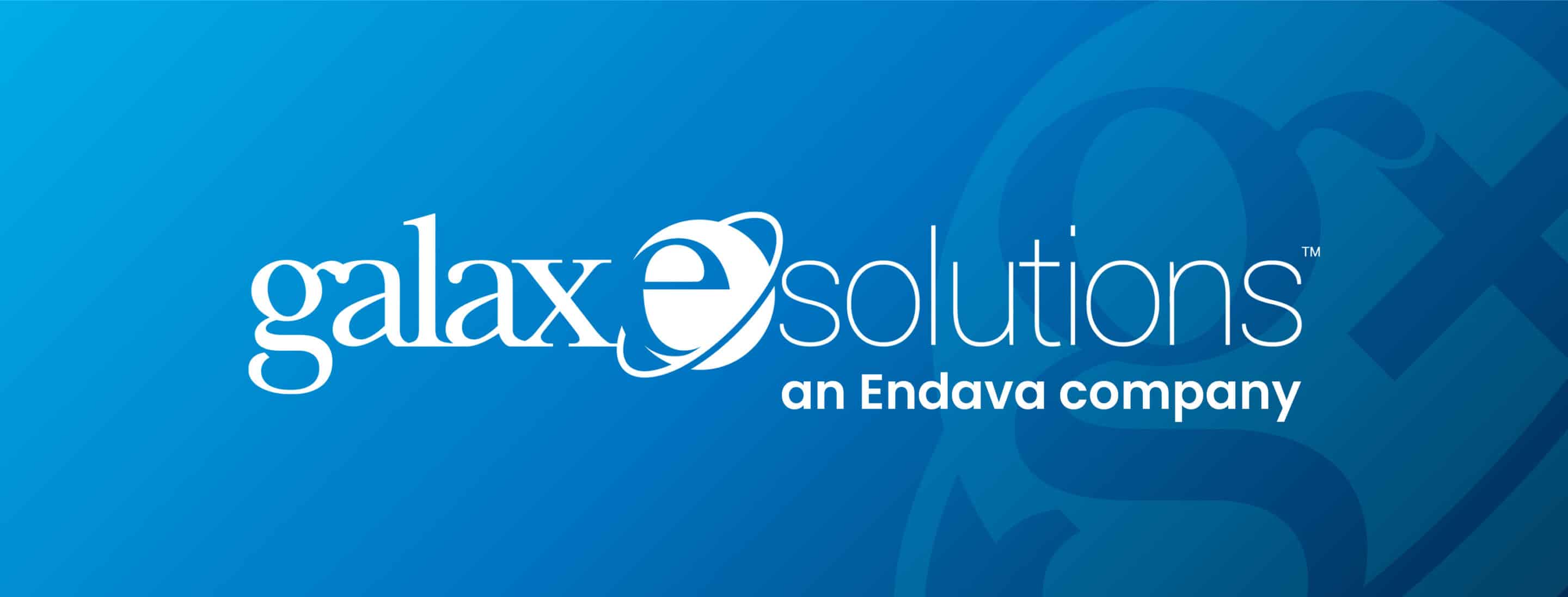Michigan at the halfway mark on path to revival
TOM WALSH SAYS STATE MUST REALIZE THAT ONLY WE CAN SAVE OURSELVES
Optimism is a choice.
So with that glass-half-full spirit – or is it a glass half full of spirits? – here is my take on where Michigan stands on the hard road to revival, as I pack my bags for the annual Detroit Regional Chamber policy conference on Mackinac Island, famous for its fudge and horse poop (be sure not to confuse the two!).
We’re half way there, I do declare.
Halfway to revival, that is. Halfway to cheating death, to dodge a label as America’s first third-world state.
How do I justify such optimism when a new Free Press/WXYZ-TV poll conducted by EPIC-MRA shows that 64% of us believe that Michigan’s worst-in-the-nation economy is either “not yet getting any better” or “will still get worse”?
While challenges certainly do remain, the good news is that we have cleared two big hurdles on the four-step path to economic self-realization:
- We know now that Big Companies can’t support everyone in perpetuity. We’ve seen that at General Motors, Delphi, Visteon, DaimlerChrysler. Remember Comerica, Burroughs, Unisys, National Bank of Detroit?
- We know Big Labor can’t protect everyone either. Just look at the shrunken payrolls of GM, Ford and Chrysler; the reduced wages at American Axle; the extinction of the Electrolux appliance plant in Greenville.
Now we’re at Step 3 on the path to self-realization, dealing with the belief that Big Government can ride to the rescue.
“It’s only natural that in a harsh recession, more people fall below a line where they want the government to protect them,” says Bob Paul, president of Detroit software firm Compuware, who will be speaking on a panel at the conference.
But while government can and should provide aid in emergencies, it must not become a crutch used to prop up and otherwise uncompetitive economy.
Where we are
That’s where we are in Michigan now, wrestling with how to wean ourselves off reliance on government largess. We’re still plugging the state budget with federal stimulus money. Detroit relies on federal cash to knock down blighted housing.
While two-thirds of Michigan voters in the Free Press/WXYZ poll say the use of taxpayer cash to rescue GM and Chrysler was a good idea, national surveys show that most Americans disagree.
Sergio Marchionne, the confident CEO of Chrysler and its new ally Fiat, will speak Thursday at Mackinac. He’ll present an upbeat picture of Chrysler, where sales are nudging upward while available cash has grown from $5 billion to nearly $10 billion since the rescue. Hopefully, GM and Chrysler will play out as case studies for how government can rush in to prevent disaster, then exit quickly after forcing tough changes on the recipients of the aid.
Elsewhere, the public sector much finally embrace the fiscal discipline and innovation that have fueled successful private companies. A pivotal struggle is under way now in a Michigan election year where everything is up for grabs.
The last hurdle
If the state can survive that struggle, all that remains will be Step 4 in self-realization: The only ones who can save us are Ourselves.
That notion of private investor leading a job-creation revival in Michigan is not as farfetched as you might imagine.
One of the 1,400 people attending the Mackinac conference this week will be Tim Bryan, chairman and CEO of an information technology services firm called GalaxE.Solutions, which has just hired the first 20 of what Bryan expects will be 500 workers at a new downtown Detroit location.
GalaxE’s 700 employees are now split between its New Jersey headquarters and an office in Bangalore, India. Looking to grow sales and find talent in new markets, Bryan examined six potential U.S. locations for expansion.
Why’d he choose Detroit? Because the region has “an incumbent IT workforce with a lot of displaced or underemployed people.” And because the real estate is undervalued.
Michigan is close to finally realizing that we won’t be saved by Big Companies or Big Labor or even Big Government. It won’t be quick or easy, but salvation lies in growing, attracting and nurturing a lot more companies and entrepreneurs like Bryan.






